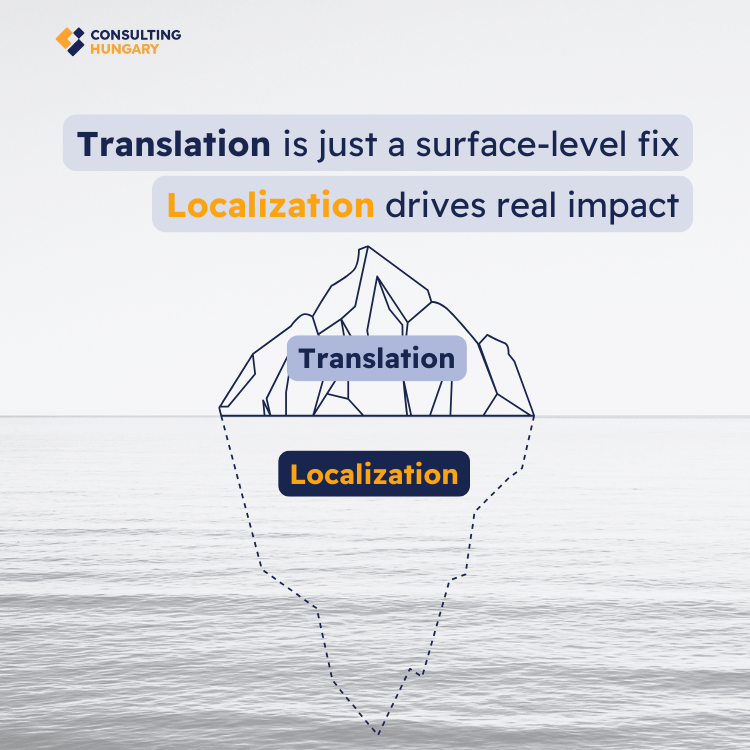Important changes in Romania: implementation of the e-Transport system and increase in the minimum wage in Romania
The Posta Decree and doing cross-border sales in Hungary
2024-03-21
Marketplace vs. Localized Website: Which Is the Best Path for Your Cross-Border Growth?
2024-11-06Important changes in Romania: implementation of the e-Transport system and increase in the minimum wage in Romania
Minimum Wage Change – Romania
The Romanian government is making important changes to the country’s digital systems and plans a significant increase in the minimum wage. Here are the highlights on this subject:
Partidul Social Democrat (PSD) has announced that it will implement a European minimum wage standard by the end of 2024. From 2025, the gross minimum wage is set to increase by a 25% increase on the current amount prior to July 2024. The European directive requires the minimum wage to be 50% of the national average gross wage. It is estimated that from 2025, the average gross wage in Romania will reach RON 8,241 per month. Cristian Vasilcoiu from the Ministry of Labour announced that the bill is almost ready, which is expected to provide more stability for entrepreneurs and improve the living conditions of many Romanians. Minimum wages in Romania in July 2024 were increased by 12%,
E-Transport
According to a recent decision of the Romanian government of 28 June 2024, sanctions for non-compliance with e-Transport and e-Invoice regulations have been postponed until 1 January 2025, but only for authorised economic operators.
What is the e-Transport system?
The e-Transport system, introduced by OUG Emergency Ordinance 41/2022, is designed to monitor the transport of fiscally risky road freight within Romania. The system makes it possible to track both domestic and international transports that pass through Romania. It is intended to reduce the risk of tax fraud and increase the efficiency of customs and tax control.
What types of transport are covered by these regulations?
The rules cover transports that start and end within the country, as well as any cross-border transaction that starts in Romania and cross-border transactions that end in Romania. In addition, the rules apply to any cross-border transaction passing through Romania, as in this case part of the transport takes place within the country.
Transport must be declared in the e-Transport system if it meets the following criteria:
- Vehicles have a total permissible weight of at least 2.5 tonnes;
- The vehicles are transporting goods with a total weight of more than 500 kg;
- The goods transported have a total value of more than RON 10,000 excluding VAT.
If the carrier belongs to one of the categories listed in Article 8(1) of OUG No. 41/2022, such as:
- Professional road haulier,
- A person transporting on his own account,
- Person transporting on behalf of third parties,
then obliged to register in the RO e-Transport system and obtain a UIT (Unique Transport Identification Number) code for each transport.
How does this work?
The haulier is obliged to equip his vehicle with GPS devices, which must be active throughout the transport, from the loading to the unloading of the goods. Each transport of goods must be declared in the e-Transport system, where a unique UIT code is generated, identifying the goods being transported. This code must be available at the request of control authorities such as ANAF, Romanian Customs or the police.
Which goods are covered by the e-Transport system?
Goods considered to be high fiscal risk cover a wide range of products, including meat, fish, dairy products, vegetables, fruit, alcoholic beverages, tobacco, salt, mineral fuels and a variety of industrial goods. The list also includes clothing, footwear, iron, steel and many other products that can generate significant tax risks. For more information, click here.
If you are planning an e-commerce expansion to Romania or are already operating in this market, our Consulting Hungary team is ready to assist you in your expansion as well as optimising your business for this market. If you would like to learn more about how we can support your business, contact us.


